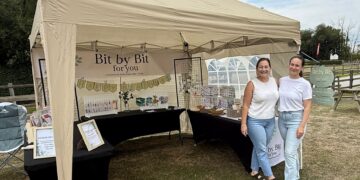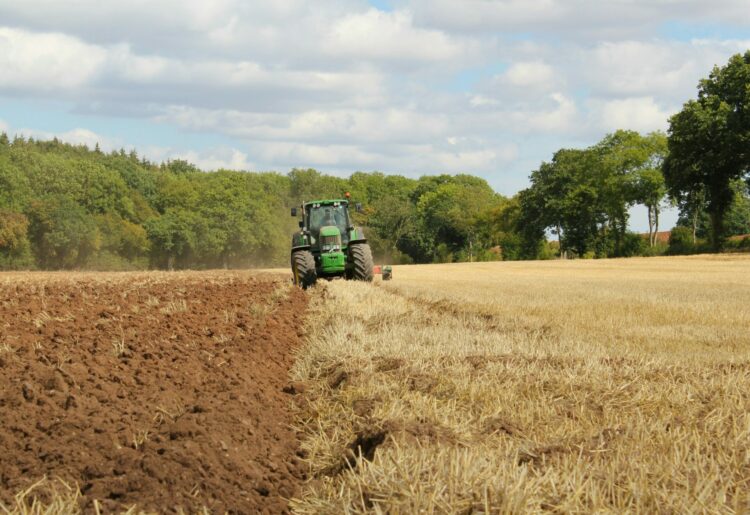SCIENTISTS from the University of Reading are set to meet farmers and food businesses in a new scheme to accelerate nature-friendly farming.
It comes as part of the launch of Waitrose’s Farming for Nature scheme, aimed at supporting its farmers in moving to nature-friendly practices, boosting their financial resilience and combating climate-change.
The retailer committed to helping its more than 2,000 farming providers in response to what it says is an industry-wide need for more resilient and sustainable farming.
It will partner with the university to establish a three-year Knowledge Transfer Programme to bridge the gap between agricultural research and practical farming, providing farmers with a direct information resource.
The project is backed by a grant from UK Research and Innovation.
Regenerative agriculture is a way of farming which focuses on improving the health of the environment, especially the soil.
This means combating problems like top soil erosion, where the layer of soil most fertile with nutrients is lost.
Some methods of farming accelerate this erosion, in turn making it harder to continue to grow crops in it.
Waitrose has set out plans to be producing regeneratively-farmed meat, dairy, fruit, and vegetables by 2035.
Professor Carol Wagstaff, Research Dean for Agriculture, Food and Health at the University of Reading said: “Reading has more than a century of expertise in agricultural innovation, and we know that to secure our food and nature in the century ahead, we need to make long-term plans.
“Farmers, researchers, retailers and shoppers all have a part to play. Farming for Nature provides the leadership to make Britain’s food system a force for good in fighting climate change and biodiversity loss, while remaining profitable.”
James Bailey, executive director at Waitrose, said: “We want Waitrose customers to know that when they shop with us, they are voting with their purses and wallets for a food system that restores and works in harmony with the natural world, and that supports a financially sustainable future for British farmers.
“We have a duty to help our farmers make the move towards more nature-friendly growing, and we’re committed to playing our part in the revolution that our country’s food system requires.”
























